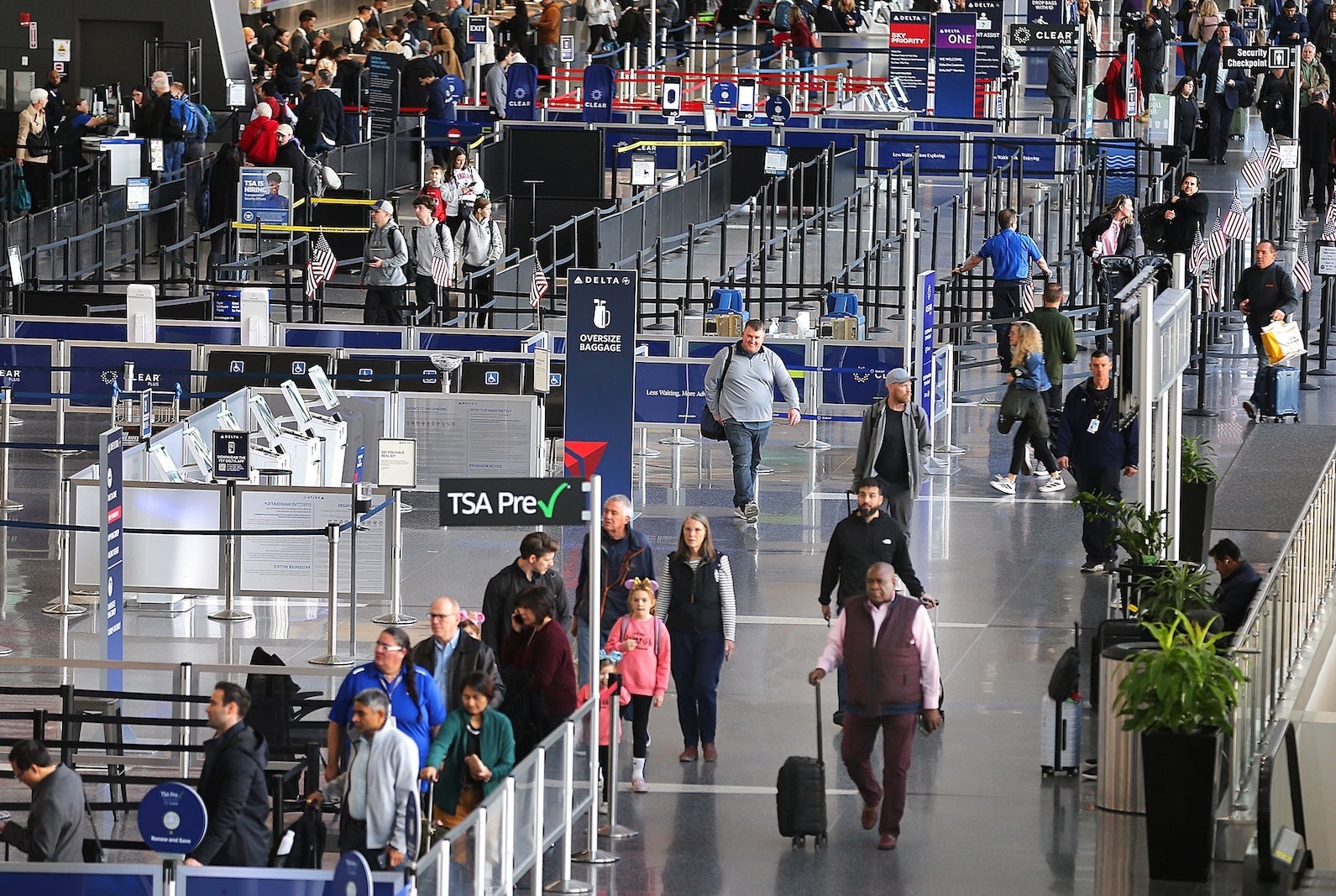Yes, you can drive in flip flops in most of Europe, but not everywhere! Some countries have surprising rules that could land you a fine or even void your insurance. Here are 8 common driving myths that could ruin your Trip in Europe.

If you’re working while traveling, plan ahead. Choose a quiet spot for video calls. Pack a laptop stand. Make sure you have strong Wi-Fi. Don’t forget your health either. Stretch during breaks. Drink water. Bring snacks. This makes it easier to stay healthy while on the road.
Want more tips about remote working? Kach’s eBook, “The A-Z on Becoming a Digital Nomad“, is full of helpful advice. You’ll read real stories and get practical ideas. If you’re thinking about traveling smarter, this is a great guide!
So let’s clear up the confusion. Here are eight common myths about driving abroad that you should be aware of:
1. No Shirt, No Drive
Many people think it’s okay to drive without a shirt. But in places like Spain, Italy, and parts of France, it’s not. Being shirtless while driving can be seen as “improper driving.” Bare skin can stick to seats or slide on leather. This might reduce control.
If a police officer thinks your outfit affects how you drive, they can stop and fine you. Even in the summer heat of Greece, Malta or Cyprus, wear a light t-shirt.
2. Honking Anytime is Okay
In the UK, honking can be a friendly signal.
But in many European cities like Vienna or Bratislava, horns are for emergencies only. In Spain, use it only to warn others of danger. In Italy, don’t honk in neighborhoods unless you really need to.
In Belgium and the Czech Republic, that small beep might cost you. Your regular horn works fine. You don’t need a “foreign horn.”
3. Flip-Flops are Fine
Footwear can cause problems for drivers. Flip-flops, backless sandals, and soft shoes may feel comfy. But in France, they’re seen as unsafe. Police can stop you if they think your shoes reduce your control. The same rules apply in Ireland, Bulgaria, or Poland.
4. Spare Glasses Rule
There’s a rumor that all drivers need spare glasses. This comes from real rules in Spain, Hungary, and Slovakia. Drivers who need glasses must keep a backup pair in the car. But if you don’t wear glasses, you’re fine.
Still, keeping an old pair nearby could help avoid trouble. It’s a small thing that can prevent big problems on toll roads or in low emission zones.
5. Barefoot Driving Is Allowed
Some think driving barefoot is allowed across Europe. It isn’t banned in most countries like Finland, but it could still cause problems. If you crash and weren’t wearing shoes, it could count against you.
Insurance might say you didn’t have full control. Police might agree. So even on long drives, wear shoes with a solid grip. Especially when driving through Romania, Iceland, or the Isle of Man.
Put good shoes on before driving, especially on long or tricky routes.
6. The Rule for Pajamas
Wearing pajamas while driving might seem okay. But not in all places. In Spain, police have fined drivers for “improper” clothing. If your outfit makes it hard to move or react quickly, that’s a problem.
Yes, pajamas might feel comfy. But if they look like sleepwear, you could get stopped. If you wouldn’t wear it to the shop in Gibraltar, Jersey or Denmark, don’t wear it to drive.
7. Picking Up Hitchhikers Isn’t Always Legal
Hitchhiking still exists in some parts of Europe. But pulling over in the wrong place can be illegal. In Germany or Norway, don’t stop on the Autobahn unless it’s a safe zone. France and Italy also have rules.
Want to offer someone a ride? Use official rest stops. Don’t stop just anywhere. This is important in places like Greece and Croatia.
8. One License Usually Works
Some still think you need a new valid driving licence for each country. That’s not true. A valid UK or EU driver’s license is fine in most European countries. This includes countries like Austria and Poland. This rule applies to short visits.
But some places outside the EU might need an International Driving Permit (IDP). In countries like Cyprus or Hungary, it’s best to check ahead. An IDP costs just a few pounds. Get it at the Post Office or through AAA. It’s easier than dealing with a car-rental company or public transportation from the airport.
Things to Remember
Before your next road trip, check the driving laws in each country. This includes rules about number plates, warning triangles, and winter tyres. In some countries, like Switzerland, you’ll need a vignette for toll roads. In others, you might need a UK sticker or special registration.
Choose Leisure, a Kent-based motorhome company, says confusion is common. Don’t trust old blogs, TikTok tips, or what a friend said. Something that feels normal could lead to a fine.
Driving abroad is still a great way to explore Europe. A little planning helps. Learn the local laws. Pack smart with EktaTraveling health insurance ready, too. Avoid the myths. That way, you can enjoy the journey and not worry about a ticket.
Check the general speed limits in km or mph. Dress right. And enjoy the ride!
FAQs
Is it okay to drive barefoot if it’s really hot?
Even if it’s hot, driving barefoot is not a good idea. While it may not be illegal everywhere, it can still affect your control of the car. If you’re in an accident, it could count against you with police or your insurance. It’s safer to wear shoes with a firm grip.
Can I wear flip-flops or sandals while driving if I’m just going a short distance?
Short trip or not, some countries like France see flip-flops and loose sandals as unsafe. Police can stop you if they think your shoes make it harder to drive properly. It’s better to change into solid shoes before you drive.
Do I need to bring spare glasses if I wear contact lenses?
Yes. If you use contacts or glasses to drive, some countries—like Spain—require you to keep a backup pair in the car. It’s a simple rule, and having a spare can keep you from getting fined if stopped.
About The Writer

I’m Cyrine, a 19-year-old Filipina writer navigating college, freelancing, and the journey to becoming a digital nomad. I share real stories, budget tips, and lessons from chasing freedom through remote work, one step at a time.



















 English (US) ·
English (US) ·